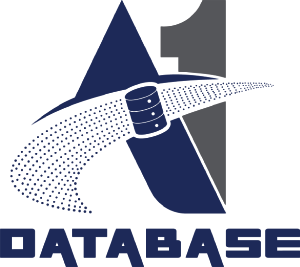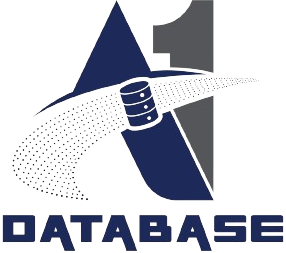- December 3, 2024
- by Admin
- Web Scraping
In the constantly shifting digital sphere, data is fundamental to making strategic business decisions. Data scraping, also known as web scraping, is a crucial technology in today’s data arsenal. It facilitates the extraction of various types of information from the internet. The relevance of data scraping has never been more pronounced, as organizations utilize this method to remain competitive in the market.
Data Scraping
Data scraping is a fundamental component of the digital transformation landscape, functioning as a mechanism for turning unstructured data into strategic assets. This technique automates the extraction of relevant information from a multitude of sources, such as websites, databases, and digital documents. By utilizing data scraping strategies, companies can rapidly compile large datasets. Without this advanced toolset, gathering such substantial amounts of data would require a significant commitment of labour and time.
Fundamental Aspects of the Data Scraping Process
Imagine a network of autonomous agents meticulously gathering data from the vast expanse of the digital realm. This illustrates the fundamental concept of data scraping. The first step in this process is to identify the target data, followed by the selection of suitable extraction tools. These tools can range from straightforward browser plugins to complex, algorithm-based software solutions. The selected tools navigate the web’s complexities, retrieve the desired data, and store it for future analytical use. Additionally, the data scraping process encompasses the cleaning and structuring of the extracted data to ensure its precision and applicability for analysis. Moreover, data scraping can be automated to boost efficiency and scalability, enabling the extraction of large quantities of data in a shorter period. This represents an intelligent fusion of technological innovation and strategic planning.
Tools for Data Acquisition
The effectiveness of data scraping is significantly determined by the Caliber of the tools utilized. Open-source frameworks such as Beautiful Soup and Scrapy are vital assets for developers. Additionally, user-friendly platforms like Octo parse offer an approachable solution for individuals with limited coding expertise. These tools provide a range of functionalities, including web crawling, data extraction, and data transformation, which streamline the data acquisition process. By utilizing these tools proficiently, organizations can extract valuable insights and make informed decisions based on precise and up-to-date information. Each tool is designed to meet specific requirements, depending on the complexity of the task and the user’s technical skills.
Navigating Legal Restrictions
Data scraping is a potent technique that functions within a multifaceted legal landscape. It is imperative for organizations to comprehend the legal limitations associated with data extraction. This includes being cognizant of the terms of service of the websites they intend to scrape, as some may explicitly forbid automated data collection. Disregarding these stipulations can lead to significant legal repercussions, such as account suspensions and litigation. Therefore, businesses should consult with legal experts to ensure adherence to regulations and mitigate potential risks. Organizations that recognize and respect these legal boundaries can effectively utilize data scraping tools to gather valuable insights for informed decision-making. Additionally, companies should implement data security measures to safeguard sensitive information, thereby preventing data breaches and maintaining customer confidence. Ultimately, it is clear that compliance with the legal aspects of data scraping transcends ethical considerations; it is vital for sustainable business operations.
Respecting Privacy and Intellectual Property
Organizations engaged in data scraping must prioritize the protection of privacy and intellectual property rights. This entails avoiding any infringement on copyrighted materials and respecting individuals’ privacy when collecting data. To achieve this, businesses should consider implementing strategies such as data anonymization or securing explicit consent from individuals prior to gathering their personal information, thereby ensuring adherence to privacy regulations.
The evolution of data scraping has sparked significant concerns regarding privacy and intellectual property rights. Companies must ensure compliance with regulations like the GDPR in Europe and the California Consumer Privacy Act, which mandate transparency in data collection and usage practices. These laws also grant individuals the right to access and delete their personal data. Non-compliance can lead to substantial penalties and reputational harm.
Getting Started with Data Scraping: Essential Insights
In today’s data-centric environment, organizations employ data scraping to achieve a competitive edge. By extracting substantial amounts of data from various sources, companies can engage in thorough market analysis, evaluate competitor actions, and identify new trends. For instance, e-commerce companies frequently scan product listings to compare pricing strategies and features. Moreover, data scraping can assist businesses in monitoring customer sentiment and feedback on social media, allowing for timely responses to any concerns. This capability can enhance customer satisfaction and loyalty, ultimately driving increased sales and revenue.

